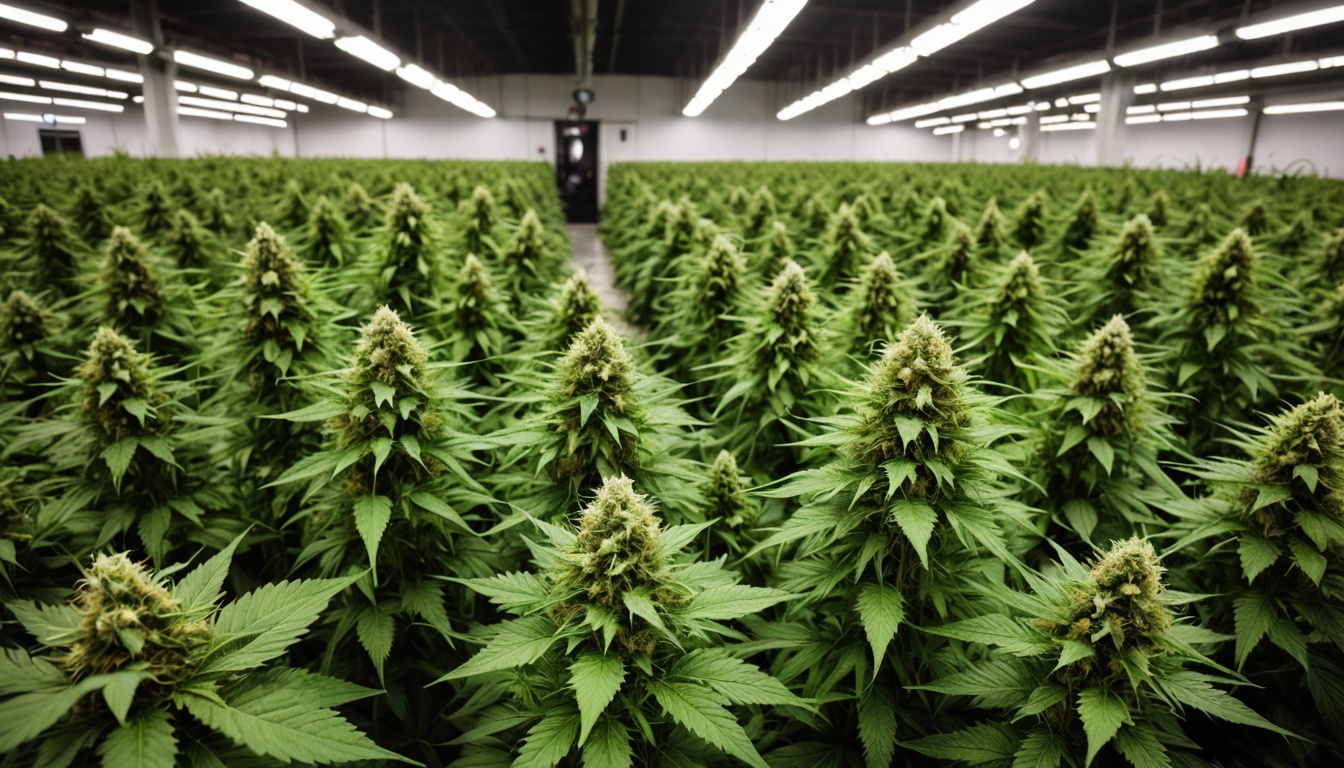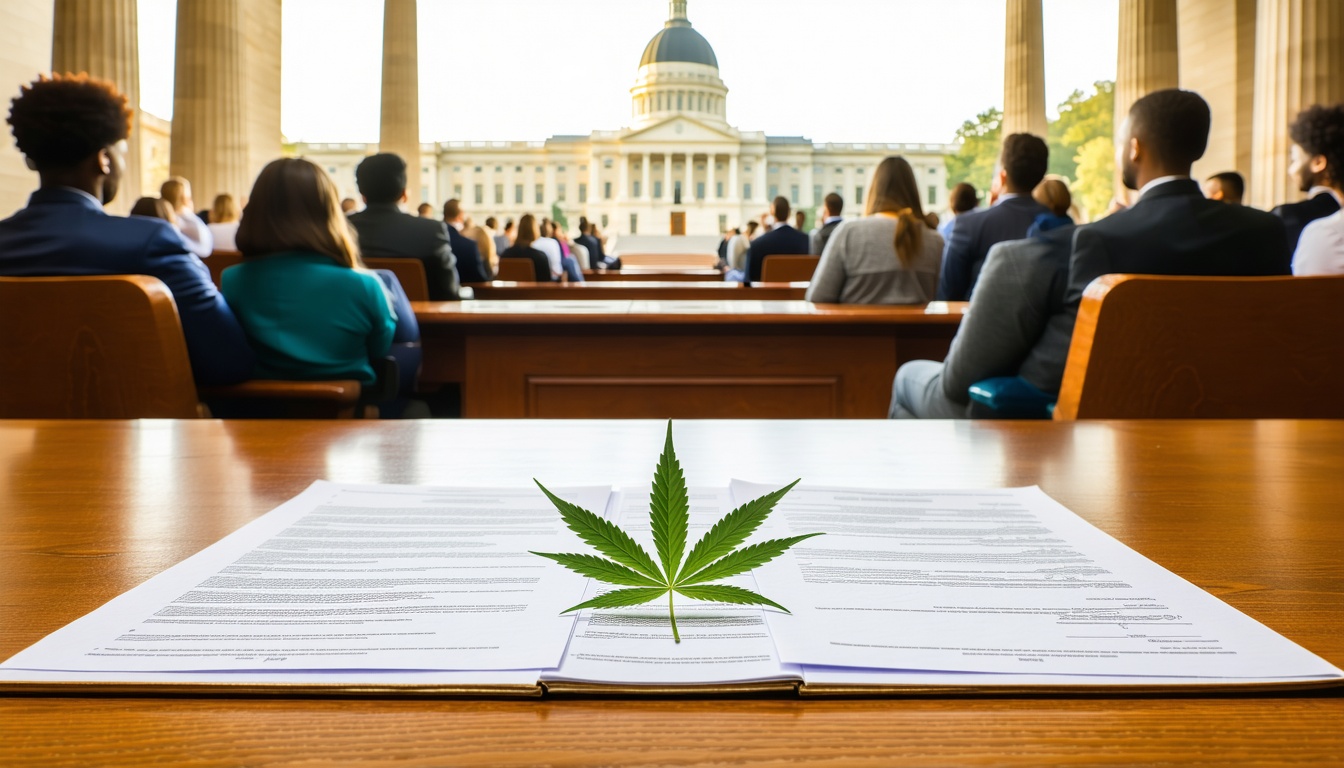Texas Set to Expand Medical Marijuana Program Amid Looming Hemp Ban
The Texas Senate has advanced a bill that would expand the state’s medical marijuana program, allowing more patients to access the treatment and introducing new products such as vaporized and aerosol products. The bill, House Bill 46, is expected to be signed into law by Governor Greg Abbott, pending approval from the House.
The bill would add chronic pain and terminal or hospice care to the list of qualifying conditions for the medical marijuana program, which currently includes conditions such as epilepsy, multiple sclerosis, and cancer. The bill would also allow patients to use products like cannabis patches, lotions, and prescribed inhalers and vaping devices.
The bill’s sponsor, Representative Ken King, said that the legislation is intended to provide more options for patients who are struggling with chronic pain and other conditions. “This bill is about giving patients more choices and more options to manage their pain and improve their quality of life,” King said.
The bill has received widespread support from medical marijuana advocates, who argue that the current program is too restrictive and does not provide enough options for patients. “This bill is a step in the right direction,” said a spokesperson for the Texas Cannabis Industry Association. “It will provide more options for patients and help to grow the industry.”
However, the bill has also faced opposition from some lawmakers who are concerned about the potential risks and consequences of expanding the medical marijuana program. “We need to be careful about how we approach this issue,” said Senator Charles Perry. “We need to make sure that we are protecting the public and not creating a situation where people are using marijuana for recreational purposes.”
The bill is expected to be signed into law by Governor Abbott, pending approval from the House. If signed, it would take effect on September 1, 2025.
In related news, the Texas Legislature has also passed a bill that would ban the sale of hemp products, which are currently unregulated and widely available in smoke shops. The ban is intended to prevent the sale of hemp products that contain high levels of THC, the psychoactive compound found in marijuana.
However, some lawmakers have expressed concerns about the ban, arguing that it will disproportionately affect low-income communities and individuals who rely on hemp products for medical purposes. “This ban is a step backward for public health and safety,” said a spokesperson for the Texas Cannabis Industry Association. “It will drive people to the black market and put them at risk of harm.”
The ban is expected to take effect on January 1, 2026.












